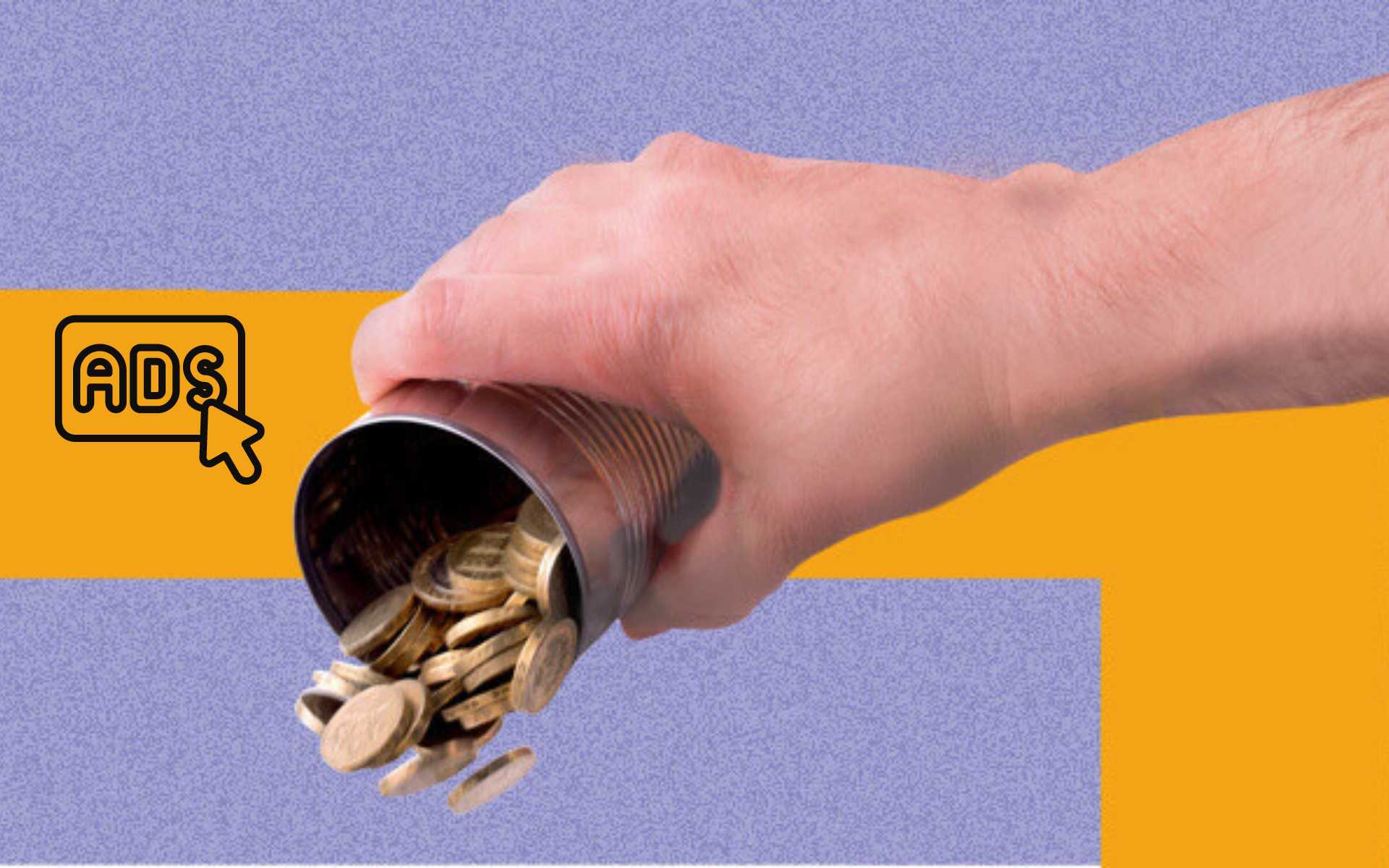Google recently announced the enforcement of its new site reputation abuse policy through manual actions. This policy targets websites hosting third-party content without adequate oversight. Consequently, some websites may experience changes in their search result rankings.
Site Reputation Abuse Manual Actions
Google’s SearchLiaison tweeted on May 6th, indicating that manual actions were being enforced to address site reputation abuse. Manual actions involve a Google reviewer inspecting webpages to determine if they violate spam policies.
Understanding Manual Actions
Manual actions occur when a human reviewer at Google examines a webpage to identify violations of Google’s spam policies. The result can vary from removal of offending webpages to preventing them from ranking.
Impact on Sites
When a site receives a manual action, Google notifies the site publisher through the website’s Search Console account. However, Google does not publicly announce which sites receive manual actions.
Big Brands Affected
Some big brand websites have stopped ranking for coupon-related search queries, indicating a possible impact of the site reputation abuse policy. Aleyda Solis shared screenshots showing these changes in search results.

Case Study: Reuters Coupon Page
For instance, the global news agency Reuters previously ranked number one for the keyword phrase “GoDaddy promo code.” However, the page is now completely removed from search results.
Did Reuters Violate Google's Spam Policy?
Google’s site reputation abuse policy targets websites that lack oversight of third-party content. Reuters’ current disclaimer asserts oversight over third-party content, indicating compliance with Google’s policy.
Change in Disclaimer
However, Reuters’ disclaimer changed after Google’s Site Reputation Abuse announcement. The previous disclaimer distanced Reuters from the third-party content. This change raises questions about compliance with Google’s policy.
Conclusion
While manual actions can lead to the complete removal of offending webpages, some pages may only experience a demotion in rankings. The recent changes highlight Google’s efforts to combat site reputation abuse and maintain search result quality.







